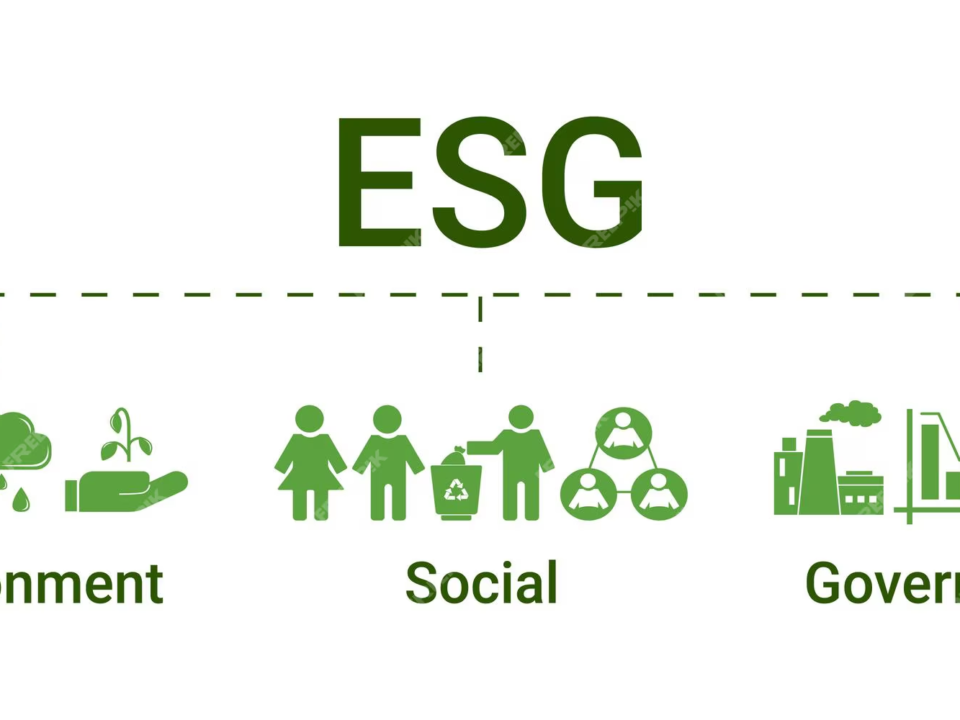“Keep It Simple, Stupid!”? When Less is Not More
The phrase ‘Keep it simple, stupid!’ suggests that adding more information is not necessarily conducive to better judgments and decisions. It implies that simplicity is more effective. While this maxim is often echoed by behavioral scientists, research has shown that less is not always more.
For instance, let’s consider a hypothetical scenario where climate scientists project a 2.0°C increase in temperature by the end of this century due to current rates of carbon emissions, compared to the end of the last century. If this projection seems oddly accurate, it is important to recognize that there is inherent uncertainty associated with any climate projection, similar to flight time arrivals. Temperatures could potentially increase anywhere between 1 and 3°C more or less. However, if we adhere strictly to the “less is more” concept, we might omit the uncertainty surrounding this projection.
So, when it comes to climate projections, is less more? A few years ago I tested this question on a sample of U.S. Americans. More specifically, my collaborators and I posted a questionnaire on MTurk between March and May 2016. MTurk is an opt-in platform on which volunteers sign up to complete surveys for money. Participants were randomized into different groups and shown climate projections for different events either as single-point projections (Group A) or single-point projections + uncertainty (Group B). See figure 1 below for reference. We were interested in people’s reported trust in the forecasts, concern about climate change, and attitudes toward climate scientists. The “less is more” hypothesis would argue that the uncertainty interval in Group B does not result in greater trust, concern, and more favorable opinions about climate scientists because it adds complexity. Thus, participants in that group should report lower trust, lower concern and less favorable attitudes towards climate scientists than participants in Group A.

Interestingly enough, the results demonstrated that projections that included the uncertainty range were perceived as more trustworthy. Moreover, participants who had been historically skeptical about climate change (i.e. participants who identified as Republicans) expressed greater concern and held more favorable opinions about scientists making such projections. These results turn the “less is more” hypothesis completely upside down. You can find all details and results of this study here.
So what does this study tell us? While many people give us the impression that behavioral science and concepts are gimmicks that can be applied to all sorts of different contexts, the reality is a little more complex. The maxim “Keep it simple, stupid!” might apply to many different contexts but this study shows that it does not apply to all contexts. There may be situations where such maxims are not true and can even be counterproductive. In the context of climate communication, climate scientists and public policy communicators are well advised to include uncertainty ranges when communicating to laypeople about the risks of unmitigated climate change.



